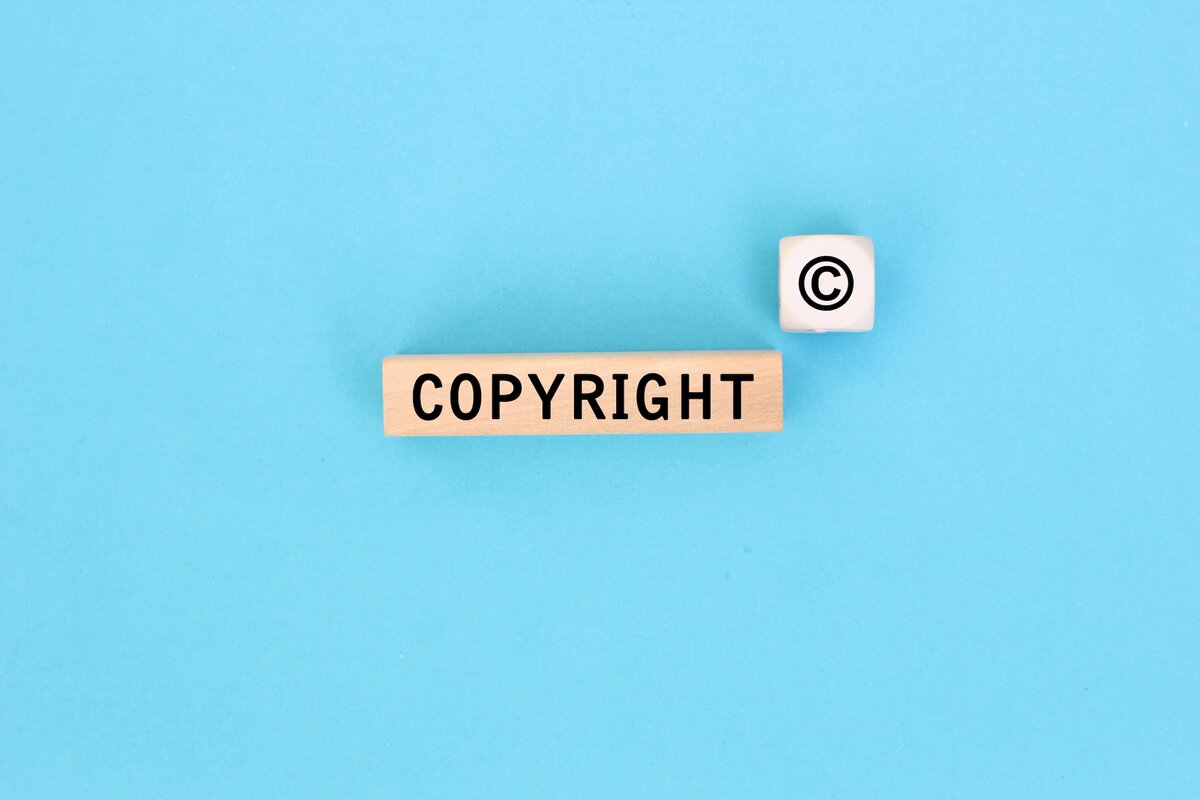Buying A Chinese Company? Why China Deals DON’T Get Done.
5 Jun 2018
By Dan Harris
We lawyers are known as deal-killers. Most lawyers get offended by that moniker and vehemently deny it. Me, I am more than willing to own up to it. Clients go to lawyers all excited about a deal and it is the lawyer’s job to point out the risks and to explain which of those risks can be mitigated and which cannot. I am proud of the deals I killed because my killing the deal meant I was doing right by my client. In other words, I was just doing my job.
I have put the kibosh on many a China acquisition and that is what this post is about. The following is actually an amalgamation of many such potential acquisitions, but for ease of explanation and to camouflage the identities of those involved, I have amalgamated a bunch of them into one. Trust me when I say that the following is incredibly typical, including the retirement of the owner precipitating the need for the deal.
The potential deal was for a US manufacturer that had been receiving its product from the same China manufacturer for about fifteen years. The Chinese manufacturer had been providing about 90 percent of its product output to this one US manufacturer and the two companies had a “fantastic” relationship. The owner of the Chinese manufacturer had done very well over the years and he now wanted to retire and sell his China manufacturing business to the US manufacturer.
In theory, this made complete sense.
The US manufacturer told me of its plans to buy and we briefly discussed some terms and “the numbers.” They said that the Chinese company was clearing about “a million a year” but that was not why they were buying it. They were buying it because they wanted to be sure they would be able to keep getting the product.
I then told laid out the likely reality of what was to come. I told them that if they bought the Chinese manufacturing company their profits (if any) would likely be considerably lower. I proceeded to explain why this would probably be the case.
I said that there is a good chance the Chinese manufacturer is paying half of its employees completely under the table and reporting to the government only half of what it was paying the other half. I then talked of how there is also a good chance the Chinese manufacturer is underpaying its taxes and of how its rent also may be paid under the table. I then said that this sort of thing may be all well and good for Chinese companies, but that if the US manufacturer were to buy this Chinese manufacturer, it would need to do so as a WFOE and it would then immediately be on a “whole ‘nother level” with respect to China’s various tax authorities.
I then told the US manufacturer that if it were to buy the Chinese manufacturing business, it would need to bring every single employee onto the payroll and that would likely mean the payroll expenses would be close to doubled. I then gave my estimated numbers. All of the wages now being paid under the table would need to be paid above the table and that would mean that the US manufacturer would, in turn, need to pay all sorts of employer taxes, pensions, and insurance. I told the US manufacturer to figure that these items would be about 40% of all wages. So if you have an employee who is now getting $1000 a month under the table and you then report to the government that you are paying that employee $1000, you should figure on needing to pay about $400 on that to the government.
But it gets worse. Much worse.
You see, that employee who is receiving $1000 under the table is usually quite happy to be getting paid under the table. So when you tell that employee that you are now going to be reporting his or her wages/income to the government, that employee is going to demand a raise. You see, that employee has been able to avoid having to make his or her various employee contributions and to pay his or her income taxes and your now reporting his or her income will end all of that.
You should expect needing to raise employee salaries by maybe 40 percent. So now the employee who was getting $1000 is getting $1400 and you as the employer are going to need to pay an additional 40 percent on that, which equals around $560. So all of a sudden the employee that cost the Chinese manufacturer $1000 a month is going to cost you pretty close to $2000. In other words, double.
And let’s take rent. The Chinese manufacturer is probably paying the landlord under the table and the landlord is not reporting it. Heck, there is a very good chance the landlord is not even legally able to lease out the property, but for the sake of the numbers, let’s assume that the landlord is actually authorized to lease it. If you are going to buy the Chinese manufacturer’s company you are going to have to do so as a WFOE and to get a WFOE approved at all, you are going to need to have a legitimate lease. That means that before you buy this Chinese manufacturer, you are going to need to go to the landlord and tell it that you need to get your landlord-tenant relationship “on the grid” and that the landlord is going to need to register the lease with the appropriate authorities.
The landlord will likely call you an idiot (trust me on this) and initially balk. You will then need to explain that you absolutely must get on the grid and that you are prepared to cover the landlord’s increased costs to do so. Figure on this raising your rent by around 25%. Again though, this assumes that your being able to stay at this facility is even possible.
Okay, so now that I have explained how the above will eat into your numbers, let’s talk about income taxes. You are going to have to pay income taxes on the money you make, even though the Chinese manufacturer maybe never did. Figure 25% of your profits will go to income taxes. And if you are now thinking that you are not going to have any profits, let me tell you that is likely going to matter less than you think for Chinese income tax purposes. You see, if you have no profits, the Chinese tax authorities will figure that is because your Chinese WFOE is intentionally under-pricing the product it is selling to your United States operations and it will then impute a profit to your Chinese WFOE. It’s a transfer pricing thing.
You need an accountant who understands China to look over the Chinese manufacturer’s books and to run the numbers to see if this deal is going to make sense.
A few months later, I received the following (doctored) email from our US manufacturer client:
Here is where we stand:
Our accountant is in the process of re-modeling the business from a top-down perspective, in an effort to clarify what the numbers would be for our China WFOE, while complying with the rules. We have good history on the revenue and most of the operating costs.
As you guessed, we will need to apply roughly a 2x factor to the labor costs that the Chinese manufacturer is showing, so as to properly book all of the official upcharges.
Also, as you suggested might be the case, the landlord of the factory space is not properly registered, so we will be increasing the booked rental costs as well.
The reality is that we probably will not be purchasing the Chinese manufacturing company did not sit well with its owner. He was offended when I reiterated my stance that I wouldn’t operate the business in the same manner as he has. He lost face.
A few weeks after that, I received the following email from the client (again doctored):
it is now clear that we shouldn’t consider buying [the Chinese manufacturer]. He [the owner of the Chinese manufacturer] had previously indicated that there were “a couple” more issues related to the accounting procedures. I pressed him to explain if there were any others. Of course, you know the answer to that.
In summary, it is becoming clear that we cannot be profitable in China if we follow all the rules. It is not completely clear this is really the case, since we can’t tell if [the owner of the Chinese manufacturing company] really understands the rules. What is certain is that the numbers on which we had been basing our valuations are simply not valid. The “profits” that the Chinese manufacturer was claiming to have achieved are not valid under our business model.
Amazingly enough, the US manufacturer and the Chinese manufacturer came up with a great solution which ended up working like a charm. The manager of the Chinese manufacturer bought the Chinese business and continued running it just as before and the US manufacturer and the Chinese manufacturer have maintained their “fantastic” relationship. All is well, except my law firm made a lot less money than if the deal had gone through.
Source: “Buying A Chinese Company? Why China Deals DON’T Get Done.” from China Law Blog: https://www.chinalawblog.com/2012/01/buying_a_chinese_company_the_numbers_are_different.html
 Suite 503, 5/F, St. George's Building, 2 Ice House Street, Central, Hong Kong
Suite 503, 5/F, St. George's Building, 2 Ice House Street, Central, Hong Kong +852 2868 0696
+852 2868 0696














